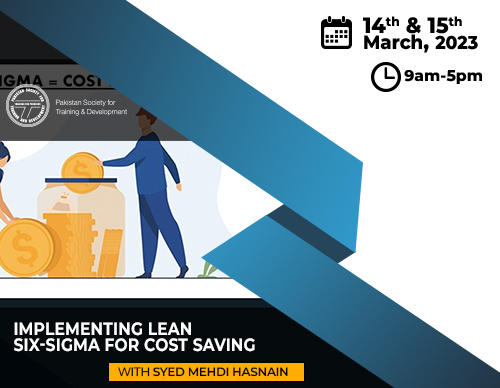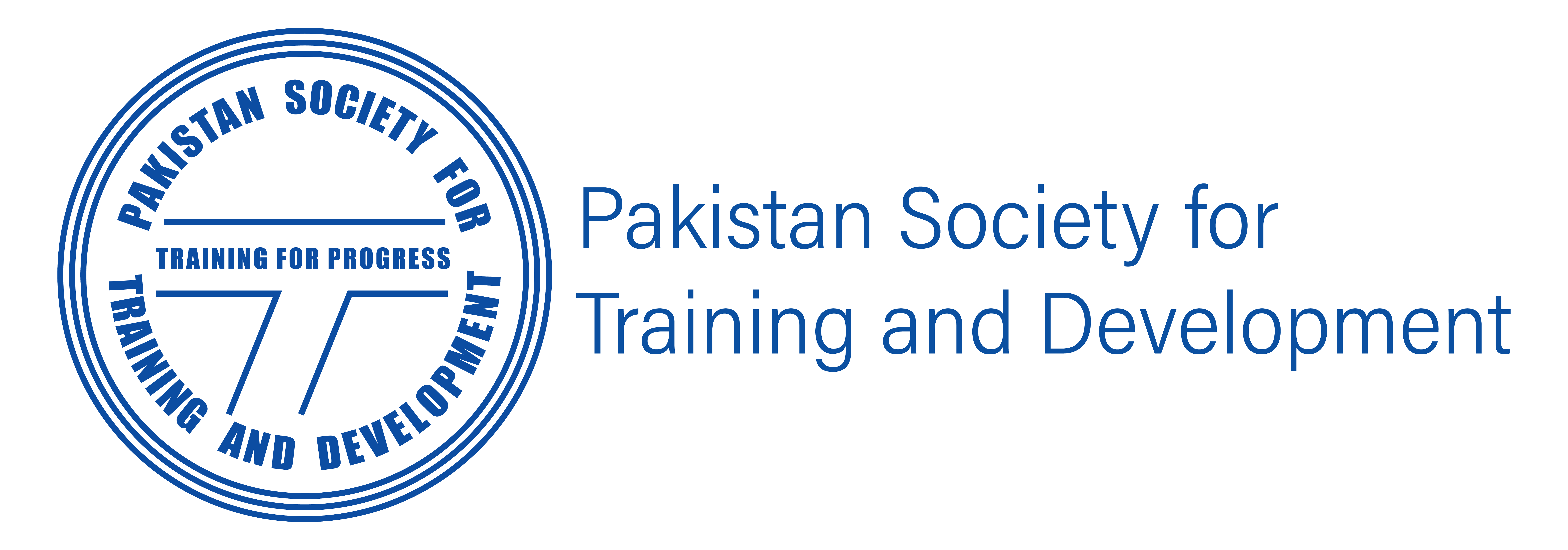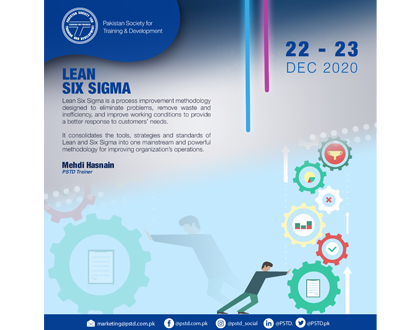Implementing Lean Six-Sigma for Cost Saving

Course Features
Course Details
Course Overview
Course is designed to provide from a grass root level the understanding of philosophy of Six Sigma as excellence initiative. Workshop will clarify the relationship of Six –sigma with other improvement methodologies and establish the Concept and tools used in it as the overarching mandate for Best-in-Class Quality Organizations.
One can explain the concept of Lean in one simple statement; “Lean organizations are driven lean and flexible to be customer-focused. Reduce waste in the value streams by improving workflows and then by subsequently improving the physical layout of their facilities. Process capacity is increased by reducing set-up times, improving quality, and ensuring equipment works when it is counted upon to work.
Course Format
- Instruction Modules
- Lecture Exercises
- Case Studies
Course Objectives
Six Sigma and Lean Manufacturing Training provides learners with a comprehensive understanding of:
- Deploying Quality as a Strategic Weapon
- Foundation level understanding of What and Why for Six Sigma and Theory of Variation
- Learn Six Sigma Methodology
- How Lean Manufacturing works in a manufacturing company.
- Lean implementation suggestions including approaches for people issues, collecting and analyzing data to plan and track lean efforts, process workflow options and a sequential roadmap.
- Understand the terms, terminology, and benefits of Lean Manufacturing.
- Deploy Six Sigma Tools
- Participate in the development of a site-specific Six Sigma lean implementation roadmap.
Course Module
Module-1
Philosophies behind Six Sigma
- Quality as a Competitive Strategy
- Theory of Variation Control
- Dilemma of Producing on the Edge
- Taguchi Model
- Deming’s View
- Kaizen, Lean and Waste Reduction
Module-2
Six Sigma Approach
- The Six Sigma Approach - What’s Different
- The 1% Doctrine.
- 6 ‘M’ Sources of variation
- The DMAIC Process: disciplined approach to problem solving
Module-3
Six-Sigma Tools and Techniques
- Define, Measure and Analyze Tools:
- Process Mapping, SIPOC Diagrams
- Swim Lane Charts
- Check Sheets, Paretos
- Failure Analysis Techniques
- 5-Why Analysis
- Cause and Effect Matrix (Ishikawa-FishBone)
- SPC and Process Capability Studies
Defect Prevention Tools
- Detection is ‘Hoping’; Prevention is ‘Ensuring’
- Mistake Proof by Design
- The Poka Yoke
Module-4
Lean Concepts to Follow
- Why Lean & Lean Terminology
- Concept and Tools for Lean Foundation
- Linking Lean and Six Sigma
- Value Added & Non-value- added Improvement
Module-5
Focus on the Kaizen and 5S as the underlying culture
- Explaining 5-S Impact
- Sort (SEIRI)
- Set in Order (SEITON)
- Shine (SEISO)
- Standardize (SEIKETSU)
- Sustain (SHITSUKE)
- Kaizen- The Betterment Approach
- The Standardization for Visual Factory
Module-6
Lean in Action
- Value Stream Mapping
- Current State and Future State
- Balancing the Line
- Speed of Processes
- (Service or Manufacturing)
Module-7
Methods to Lean approach
- Cellular Factory Layout
- Kan-Ban and JIT
- Multi Skilled Operators
- Set Up Reduction
- Total Productive Maintenance
- SMDE (Single Minute Die Exchange)
Training name: Implementing Lean Six-Sigma for Cost Saving
Training time: 9AM to 5PM
Training Date: 14th & 15th MAR, 2023
Training Investment: PKR 35,500/+ST (Non Member) | PKR 34,500/+ST (Member)
Training Location: PSTD, Karachi
Trainer Name: MEHDI HASNAIN
For Further Details
Email: Mehtab.hafeez@pstd.com.pk / Mehnaz.majeed@pstd.com.pk
Number: 0334-7783344 | 0332-7783999
Click here to Download Flyer
Payment Details:
The cheque will be made under the name of “Pakistan Society for Training and Development” and dispatch it to following address;
Pakistan Society for Training and Development
Plot # TC-3, 34th Street, Khayaban-e-Seher
Phase V, DHA, Karachi 75500.
Cancellation Policy:
PSTD Cancellation Policy – Cancellations made at least 5 working days prior to the program will be refunded 50%. If a booking is canceled in less than 5 working days, no refunds can be given. Cancellations must be confirmed by a letter or email. Substitutions may be made at any time for the same program only. In case of the participant not showing up on the day of the training a replacement can be sent.




